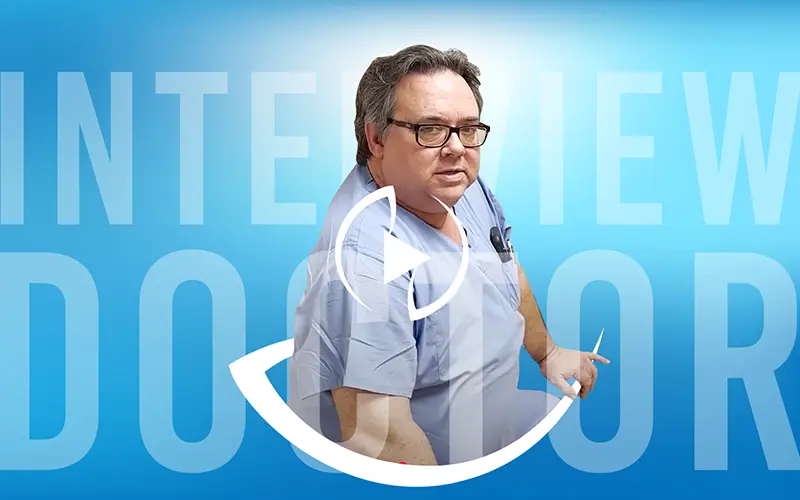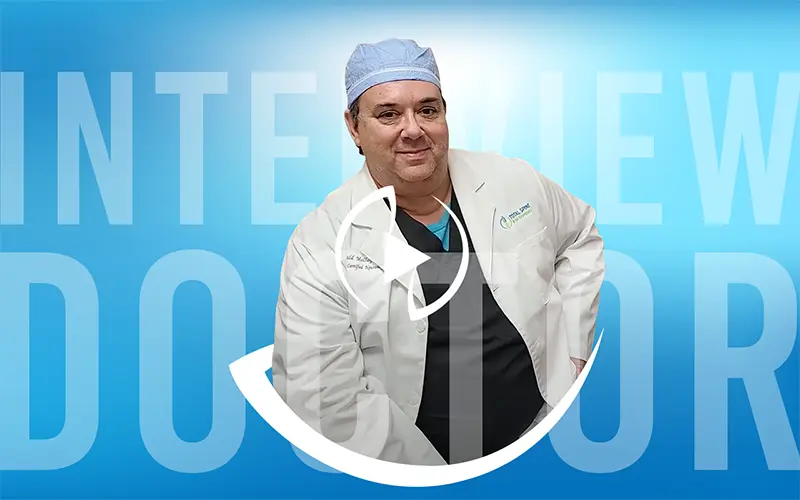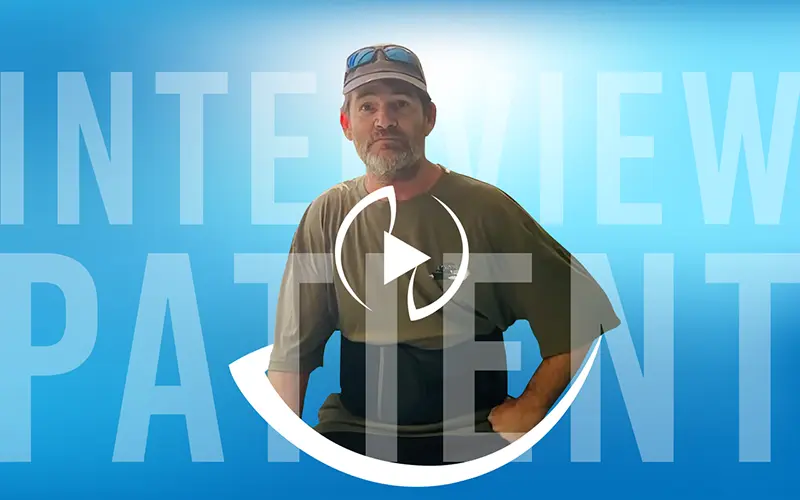The Lapiplasty procedure is a modern approach designed to correct bunions at their source, restoring natural foot alignment in three dimensions.
Annular tears are a common, degenerative condition that can develop in the spine naturally as you age or through external factors such as an injury or abnormal stress on the spine. An annular tear is formed when the normally thick outer layer of a disc is ripped or torn as a result of stress. After an annular tear is formed, additional stress on the disc can cause the soft inner “jelly” (nucleus pulposus) to leak out from the interior of the disc forming what is known as a Herniated Disc.
Annular tears commonly form from normal aging but can also result from injuries causing excessive spinal stress. Most are asymptomatic and heal naturally, though some may require minimally invasive spine surgery if healing fails.
Annular tears are typically classified into one of three categories.



Annular tears can cause a variety of symptoms that may intensify if the tear progresses to herniated disc. Common symptoms include:
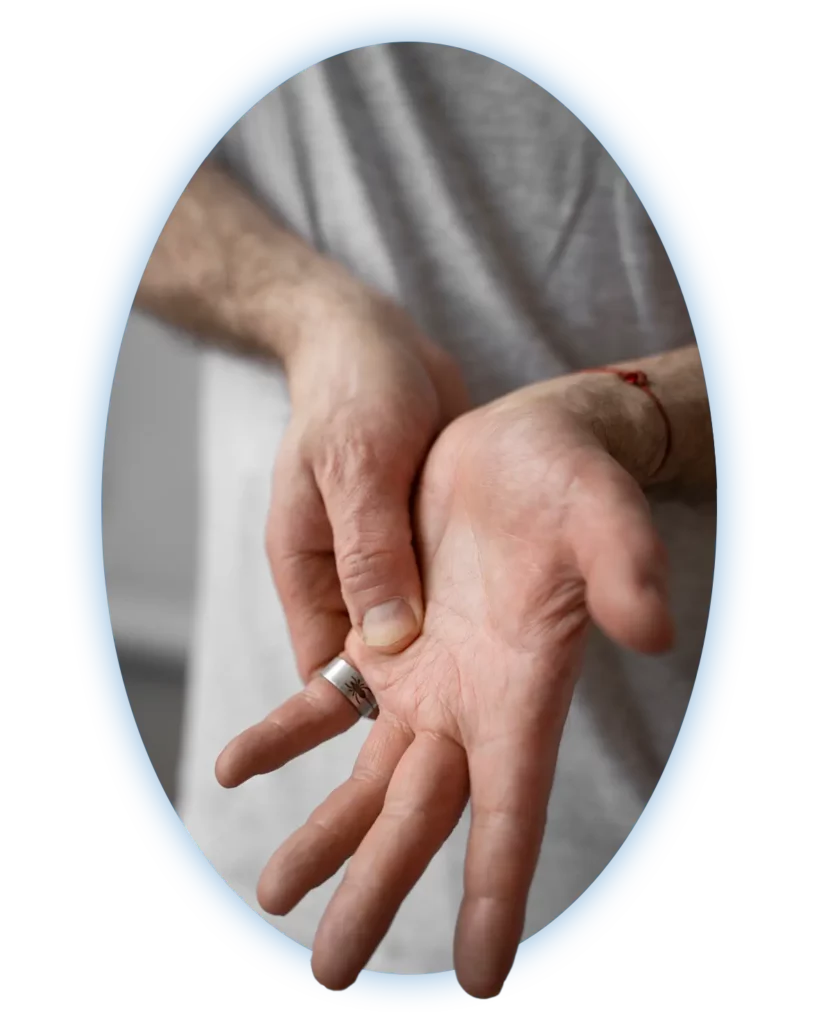
A physical exam performed by an experienced spine physician is the best way to diagnose an annular tear. As part of this physical exam, your physician may order additional diagnostic imaging such as an MRI or CT Scan to confirm the presence of an annular tear and to help advise you on what treatment options are available.
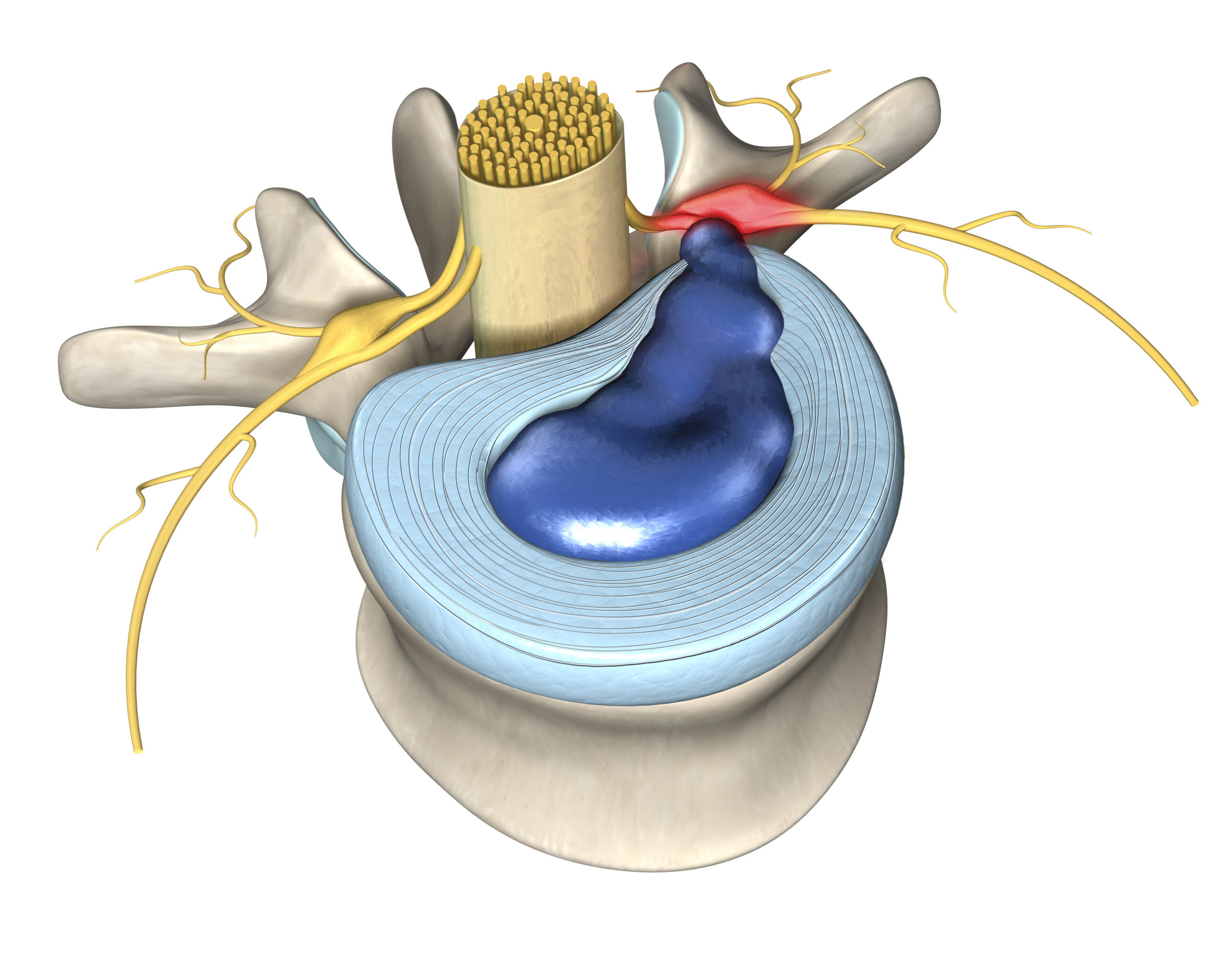
Annular tears can be treated in a variety of ways depending on the severity of the tear and your symptoms. Some common treatment options include:
Preventing annular tears involves maintaining a healthy lifestyle and taking proactive measures to protect your spine:
If you suspect you may have an annular tear or are suffering from back or neck pain, our team of physicians at Total Spine and Orthopedics specialize in diagnosing the root cause of your pain in order to develop a personalized treatment plan so you can get back to living life to the fullest. If you’d like to know more or are ready to book your first appointment, simply fill out the form below and a member of our team will reach out to get you scheduled!

